The most common question asked on Lonely Speck answered for Canon shooters!
What is the best lens for astrophotography? The one that collects the most light.
Below is a list of the highest scoring lenses for untracked nightscape photography and astrophotography. The score is a direct representation of light gathering capabilities based on the formula:
Score = (aperture area) × (angular area) × (suggested shutter speed)
Where the shutter speed is the longest suggested shutter speed in seconds based on the “500 Rule” (500/focal length). Aperture area is the surface area calculation of the clear aperture of the lens and the angular area is the angular field of view in square radians. This score is a mathematical calculation based purely on some simple physics. It doesn’t account for other considerations like the lens’s build quality or optical aberrations but it’s a good gauge of overall light gathering capability. You can also see the complete list of scores here, complete with calculations and further explanation.
All of the lenses listed here are my personal suggestions for photographers looking to get the absolute best astrophotography results with their camera. If using the given camera mount, these are the lenses that I would use. Most of these lenses are manual focus lenses by Rokinon which also tend to be much more affordable than their autofocus Canon counterparts. Additionally, most of the Rokinon lenses are sharper and tend to exhibit less coma aberration than their Canon counterparts. If you’re willing to learn how to use manual focus, Rokinon lenses are spectacular performers.
If you would like to know more about the thoughts that went into creating this list, please read my article on how to pick a lens for Milky Way photography.
EF Mount (Full Frame and APS-C)
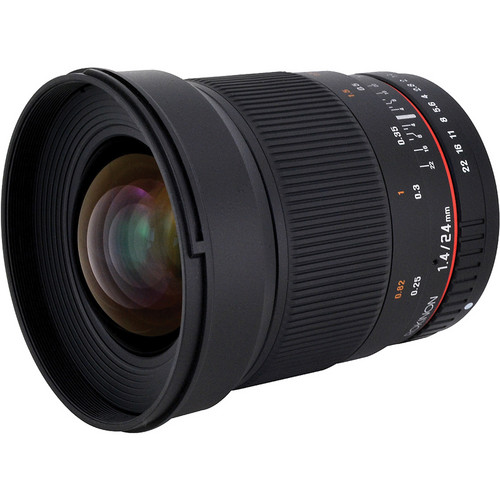
24mm/1.4: Rokinon 24mm f/1.4 ED AS UMC ( Amazon / B&H )
- The best night photography and astrophotography lens you can buy. Excellently sharp, especially when stopped to f/2. Manual focus.
- My full review of the Rokinon 24mm f/1.4
- Score: 2869
- This is my go-to lens for astrophotography on a full-frame DSLR. It’s fast, wide and shows very little aberration problems. Still my personal favorite for Canon full frame DSLRs like the 6D, 5D Mark III and 5DS/R cameras.
- Sample from the Rokinon 24mm f/1.4:
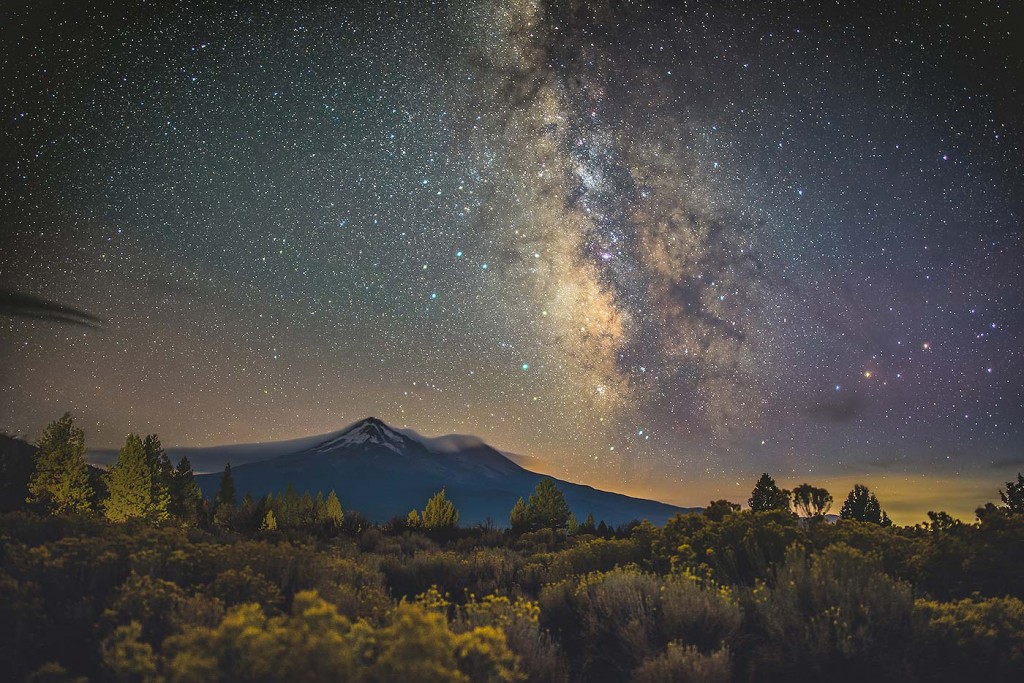
35mm/1.4: Rokinon 35mm f/1.4 US UMC ( Amazon / B&H )
or Sigma 35mm f/1.4 DG HSM Art ( Amazon / B&H )
- Standard wide angle for tighter landscapes or stitching multiple exposures into larger panoramas. Rokinon is manual focus, Sigma is autofocus.
- Score: 2084
14mm/2.8: Rokinon 14mm f/2.8 IF ED UMC ( Amazon / B&H )
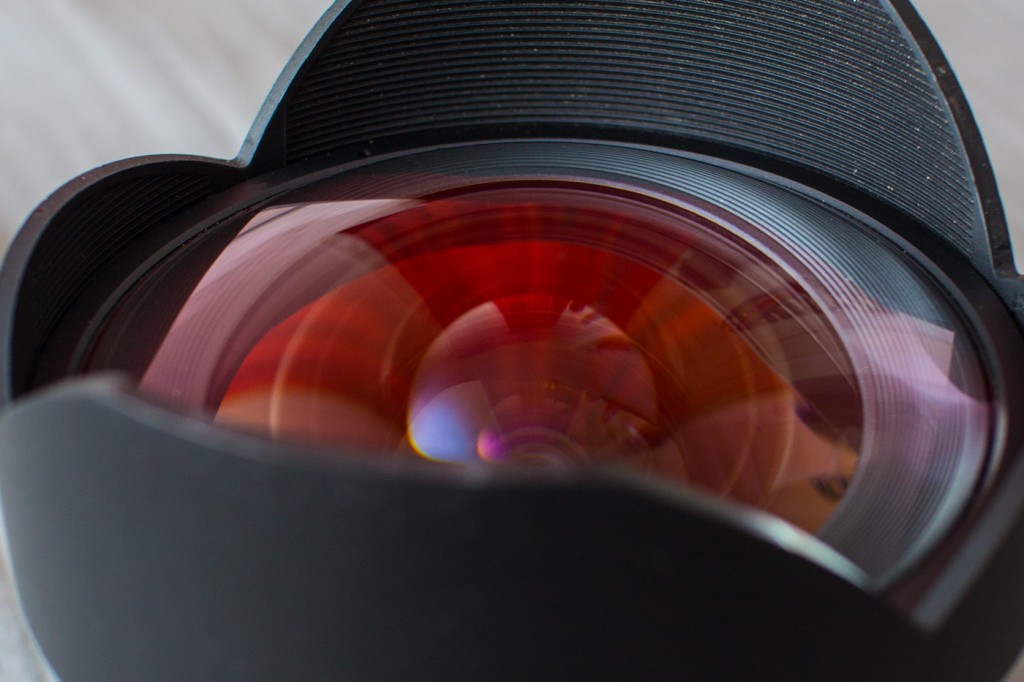
- Essential ultra-wide angle for large sweeping landscapes. Manual focus. One of the most affordable full frame nightscape lenses.
- My full review of the Rokinon 14mm f/2.8
- Score: 1032
- Sample image from the Rokinon 14mm f/2.8:
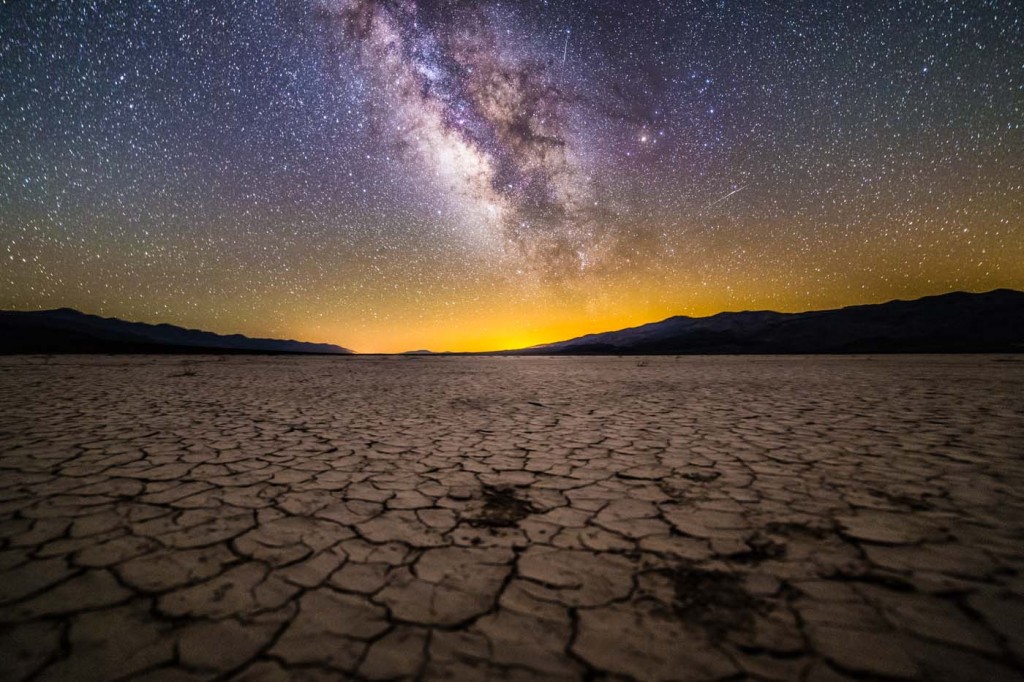
EF-S Mount (APS-C Only)
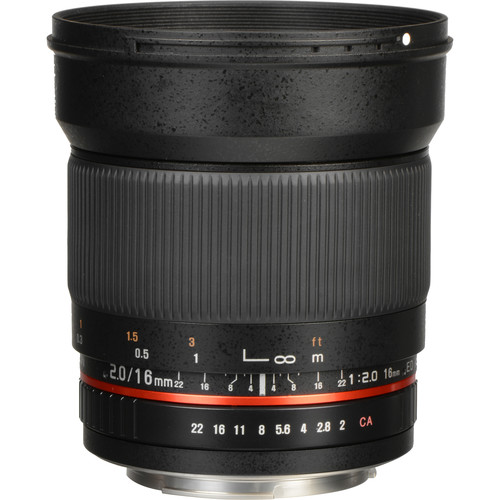
16mm/2.0: Rokinon 16mm f/2.0 ED AS UMC CS ( Amazon / B&H )
- The best combination of wide angle and large aperture. Manual focus.
- Score: 1875
10mm/2.8: Rokinon 10mm f/2.8 ED AS NCS CS ( B&H )
- APS-C alternative to the Rokinon 14mm/2.8. Excellent for ultra-wide angle landscapes. Manual focus.
- Score: 1184
11mm/2.8: Tokina 11-16 f/2.8 AT-X PRO DX II ( Amazon / B&H )
- Covers the same range as the two previous lenses combined. Excellent super wide angle zoom with autofocus.
- Score: 1149 (at 11mm)
EF-M Mount (APS-C Mirrorless)
12mm/2.0: Rokinon 12mm f/2.0 NCS CS ( Amazon / B&H )
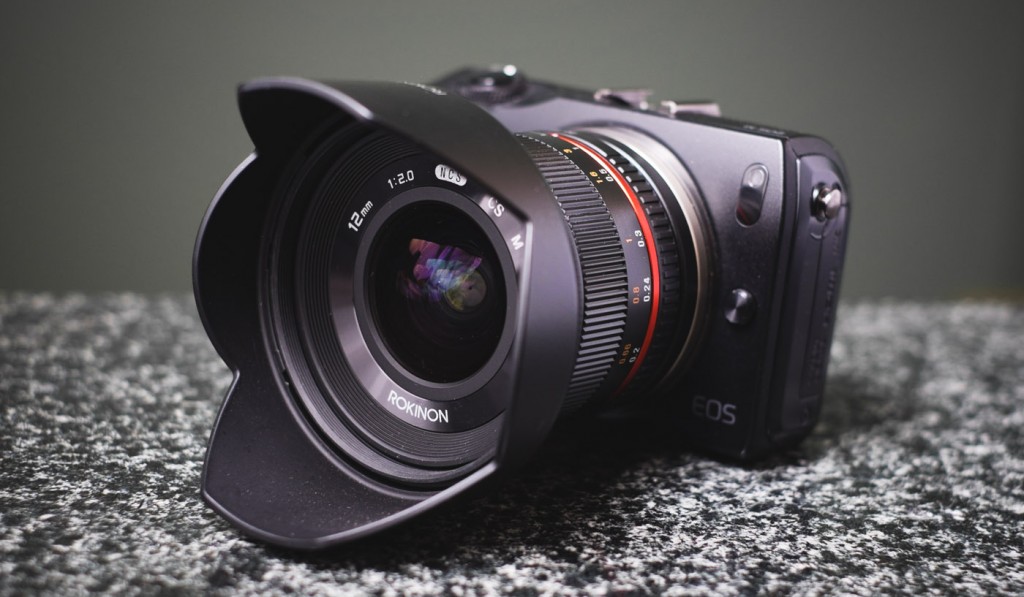
- Best lens for astrophotography on a mirrorless system. Nice and compact, best combination of super-wide field of view and large aperture.
- Score: 2176
- Sample image from the Rokinon 12mm f/2:
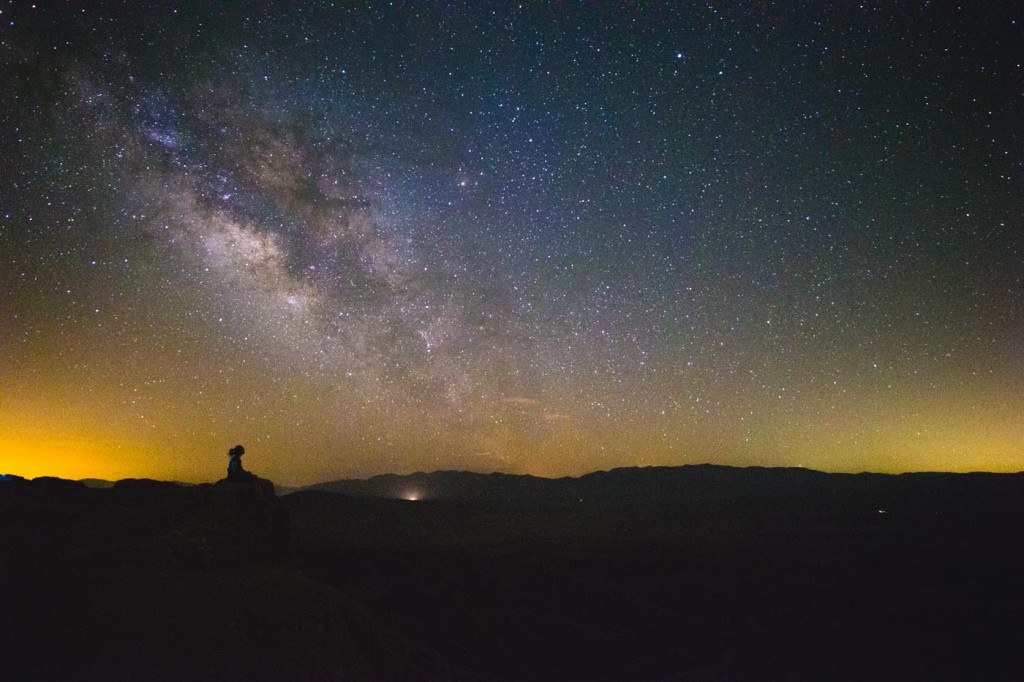
22mm/2.0: Canon EF-M 22mm f/2.0 STM ( Amazon / B&H )

- Surprisingly sharp and extremely compact lens. Also very cheap. Standard wide angle view makes it good for panorama stitches.
- Score: 1505
- Sample image from the Canon EF-M 22mm f/2 STM:
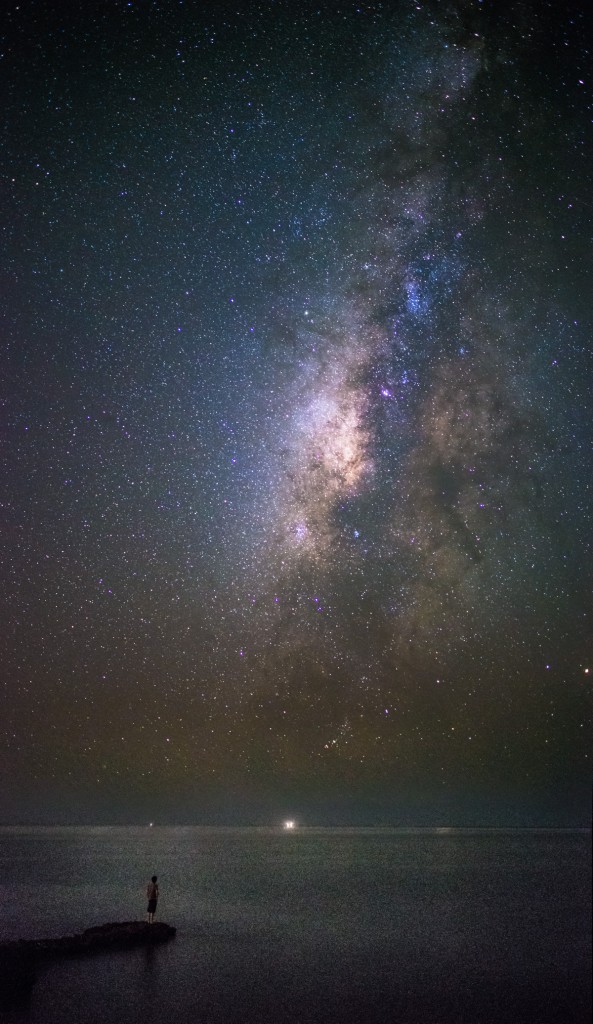
8mm/2.8: Rokinon 8mm/2.8 Fisheye II ( Amazon / B&H )
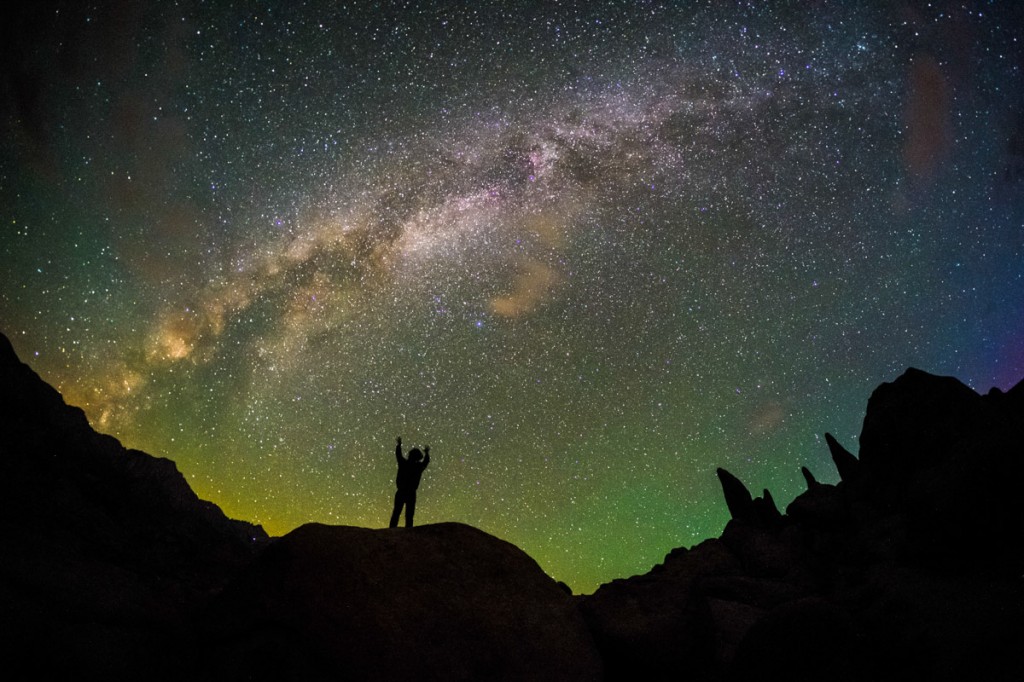
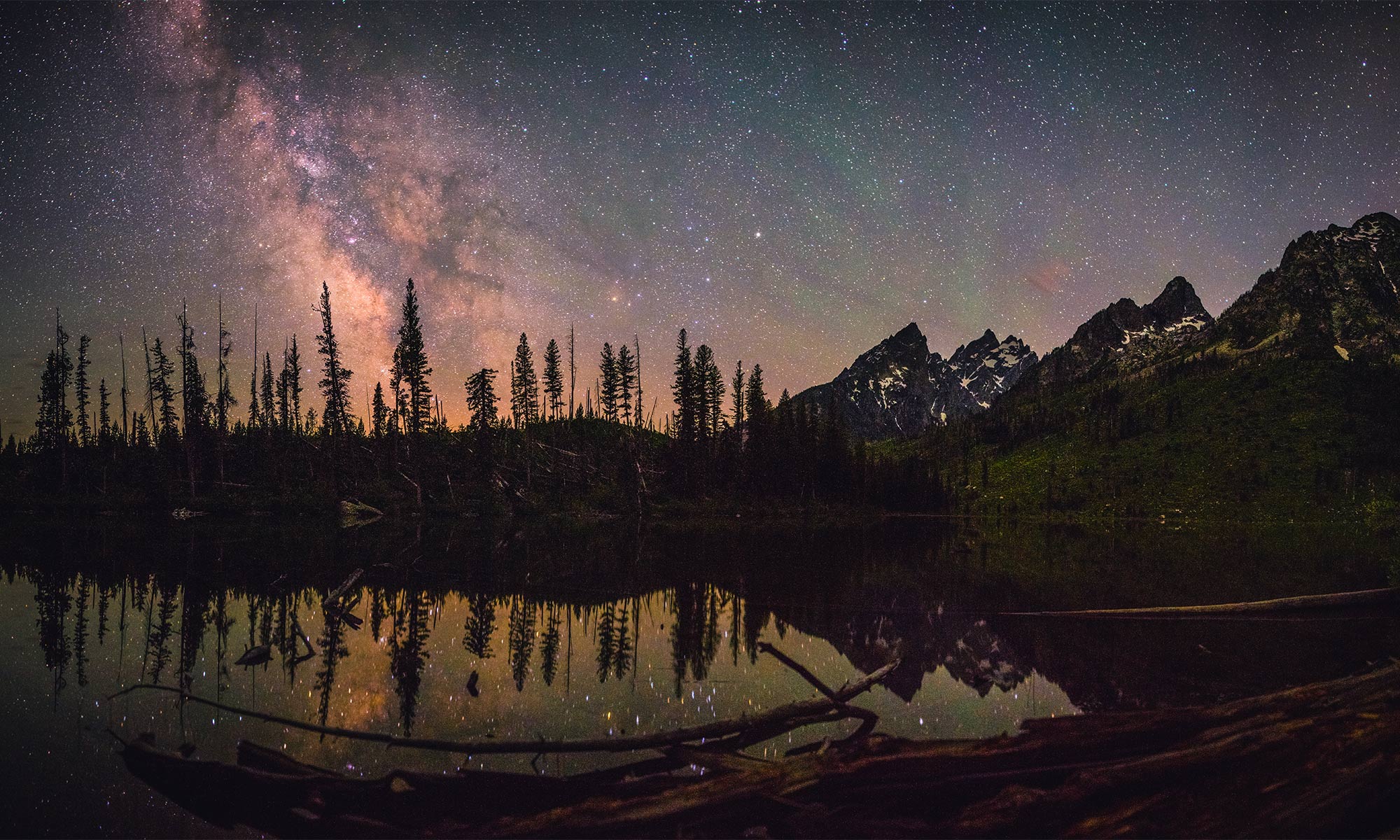
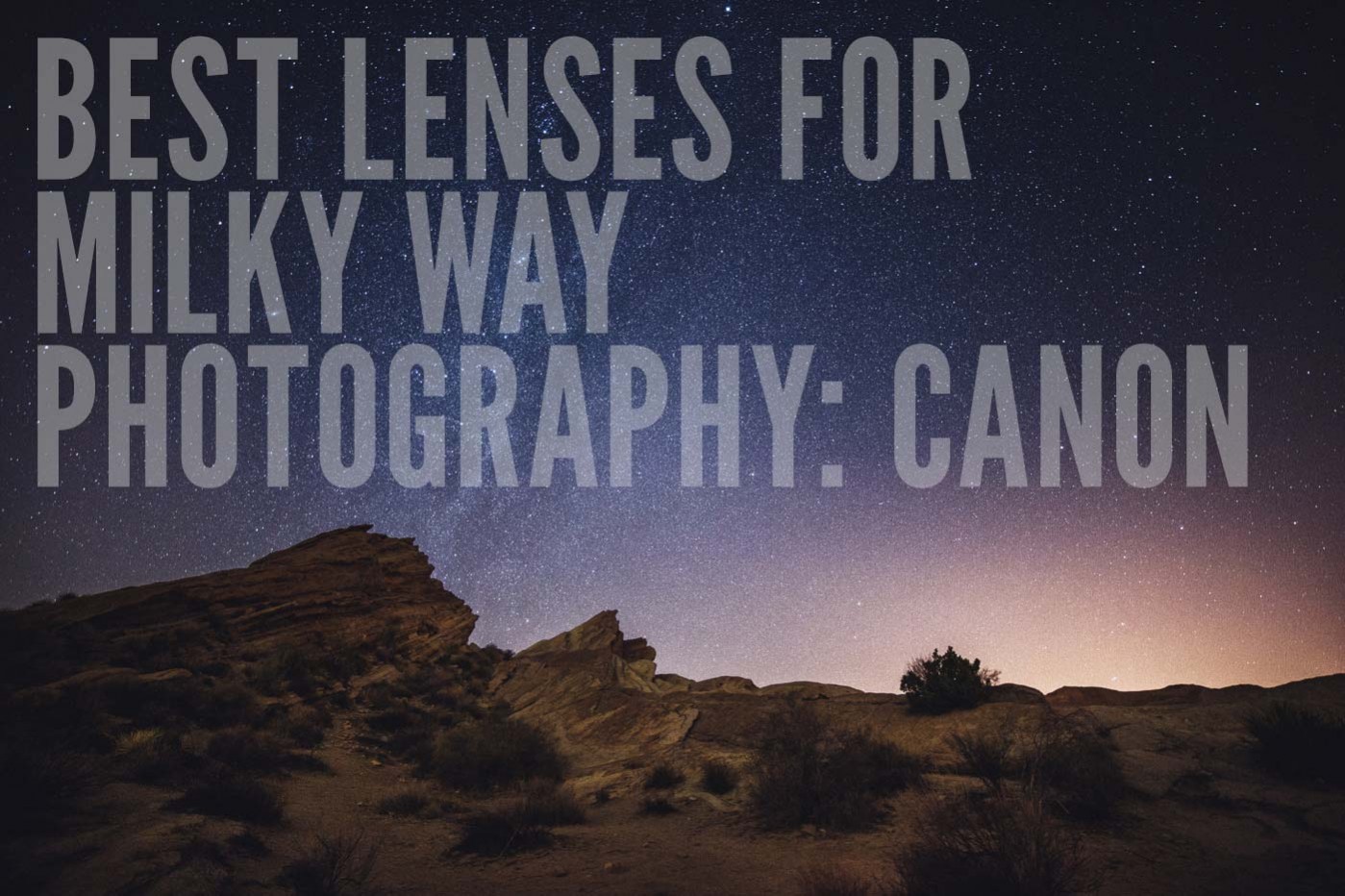
For my 5D, I’ve narrowed it down to either the Rokinon 14mm or the Tokina 11-16 (which is designed for crop, but works fine on full at 15-16mm.) I’m wondering which of the two lenses you think has a better image.
Hi Ian, thanks for a great website with lots of useful info. I have a Sony NEX-7 and Samyang (Rokinon) 12mm 2.0 which I have had for some time. I have now just got myself an A7r. Will the 12mm 2.0 in crop mode on the A7r be better than a 14mm 2.8 Samyang in FF mode or vice versa. In crop mode you get about 15mp vs 36mp full frame. Using your score system it looks to me as if the 12mm still wins, but it’s not so obvious to me. So should I swap over to a 14mm or stick with the 12mm?
Hi Ian,
Can you share your opinion on the recently launched Sigma 24mm f1.4 Art lens?
Thank you,
Himanshu
Dear ian
I have nikon d5100 can you tell me what is best lens for milky way and if tokina 11-16 is agood choice
Hey, thanks for the very informative blog! I am just starting out with astrophotography and am on a tight budget. I have a Canon 100D with a standard 18-55mm 3.5 lens which so far has turned out noisy results. I am wondering whether to buy the Canon 50 mm f1.8 lens or save up for one of the lenses recommended above, which are at least 3-4x more expensive. Can I produce significantly better results with it than the standard lens I have, and are the results of the 50mm lens significantly worse than the recommended lenses?
Great site. Very inspiring. I have a Canon T5. Eventually I plan on purchasing a 6D for night photography. I am considering the Rokinon 24mm as it works on both full frame and crop sensors. should I go for that now or is it best to get the Rokinon 14mm in the meantime and move to the 24mm when I get the full frame camera? What differences will I see with these camera/lens combinations? Thank you for any suggestions you can make.